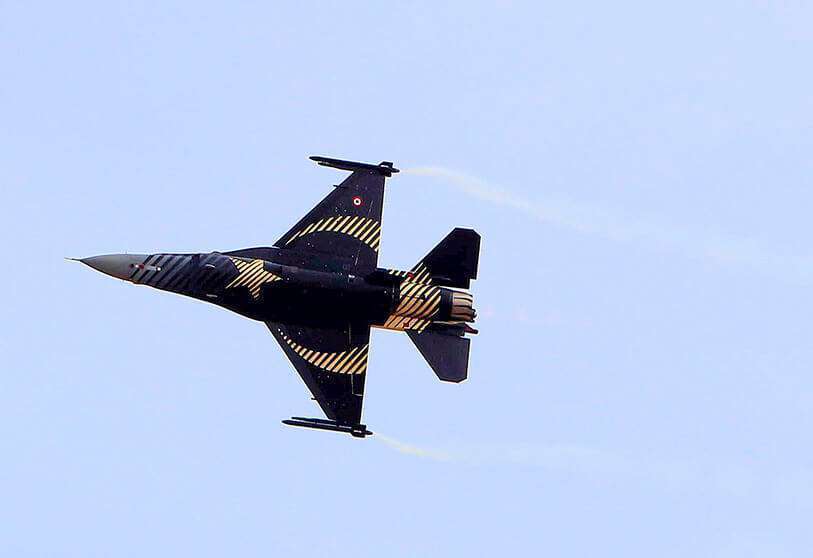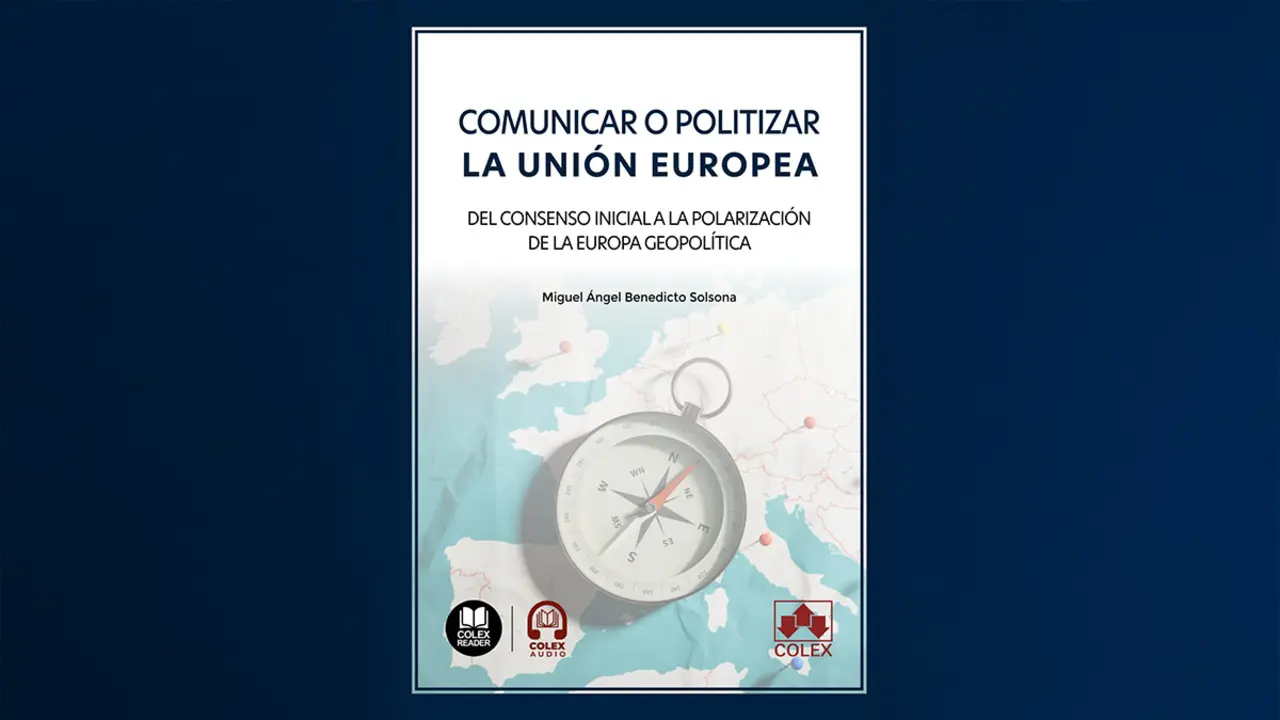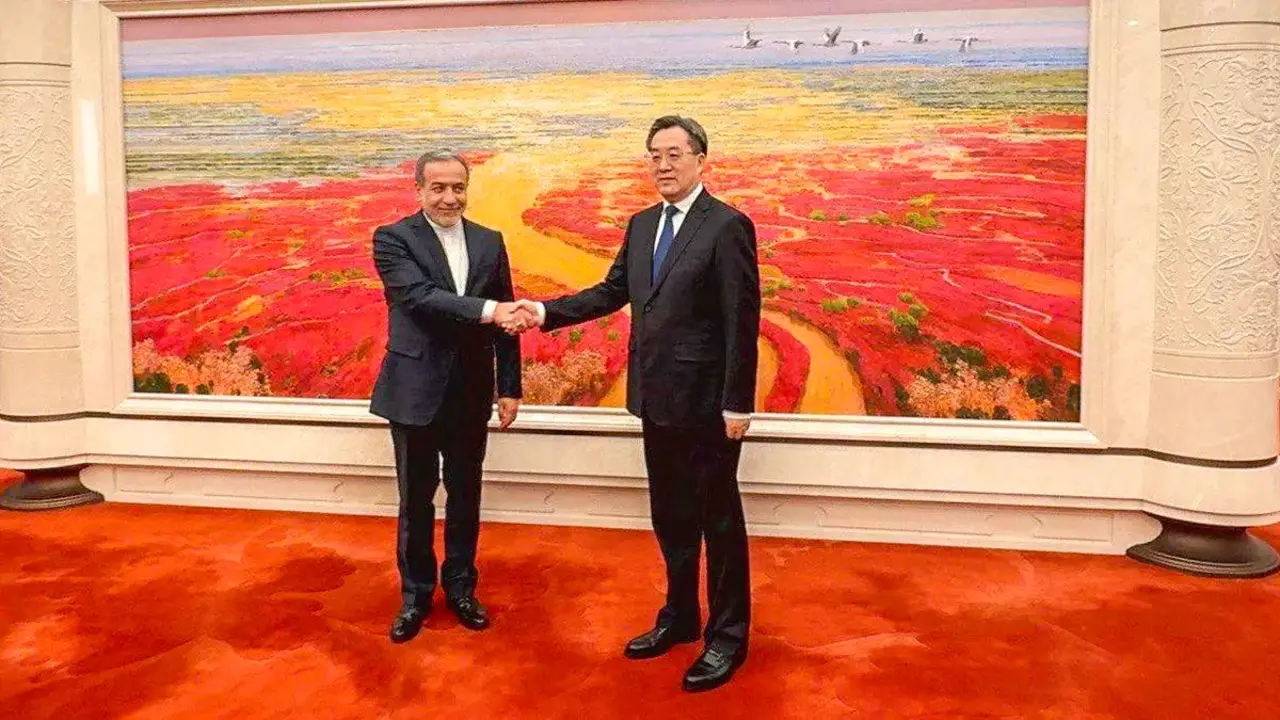Turkish fighters harass a Greek Army helicopter in which the Minister of Defense was travelling

New clash between Greece and Turkey in the Mediterranean. Two Turkish fighters have harassed a Greek army helicopter in which Defense Minister Nikos Panagiotopoulus was travelling this Sunday as they crossed the Greek island of Inuses in the Aegean Sea, a Turkish military source told AFP. Army Chief of General Staff Konstantinos Floros was also on board, according to the Greek news agency Ana.
Both were visiting military outposts on the Greek islands in the south-east Aegean. The incident occurred after Greek fighter planes intercepted Turkish fighters that violated Greek airspace, Athens reported. The two Turkish planes flew at an altitude of 3,500 feet over the island of Inuses after the Greek helicopter took off. Shortly thereafter, the planes flew over Agatonisi, a nearby islet, also Greek, at an altitude of 1,700 feet.
Greek aviation patrols and interception of Turkish aircraft in the Aegean Sea, which separates Greece from Turkey, are frequent. Greece has already accused its neighbor and NATO ally, Turkey, of violating its air and sea space on several occasions.
Greece and Turkey have strained relations at the border because of Turkish President Recep Tayyip Erdogan's use of refugees to put pressure on Europe. In addition to the complicated management of the refugees, there is the fight for the gas resources of the Mediterranean that confronts Israel, Cyprus and Greece with Turkey.

The three Mediterranean nations have agreed to build an infrastructure, the EastMed gas pipeline, to provide gas resources to Europe through Italy. Turkey is opposed to this project because it considers that Cyprus, whose northern part has been occupied since the late 1970s by the Turkish army, does not have the right to exploit the resources on its shores and considers them its own. The pipeline will also allow Tel Aviv to export natural gas to the European Union.
The Greek Cypriot Government has in recent years entered into agreements with Egypt, Israel and Lebanon for the delimitation of its Exclusive Economic Zone (EEZ), in which it has already granted a number of exploration and drilling licenses. Meanwhile, from the Turkish Cypriot side, their rights are considered to be infringed by their failure to be considered when initialing international agreements of this kind and significance. The pro-Greek executive pointed out that the benefits of these gas agreements will be felt by the Turkish Cypriots once the reunification pact is reached, something that seems to be far away because all attempts to do so have failed over time.
Turkey has tried to find gas in its waters and in northern Cyprus without success so far, so it ended up taking the decision to sign a memorandum with the Libyan Government of Fayez Sarraj (recognized by the United Nations against the other Libyan Executive of Tobruk managed by Marshal Khalifa Haftar), by which they agreed on the limits of their exclusive economic zones, which end 100 kilometers south of the Greek islands of Crete and Rhodes and give the Ottomans greater control of the Mediterranean area. This resulted in the international denunciation of Greece.
Kyriakos Mitsotakis himself said that the pipeline will allow the transport of natural gas from the eastern Mediterranean to Europe. This facility is expected to provide about 10% of the area's natural gas needs and reduce existing dependence on the main Russian supplier.
This project, which was launched in 2010 following the discovery of the Leviathan gas field, is considered one of the most important natural gas reserves in the Mediterranean arc.








